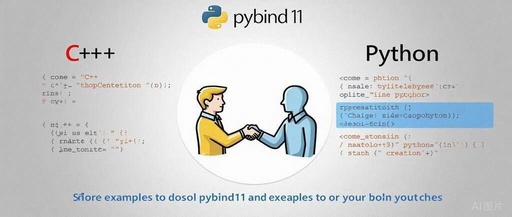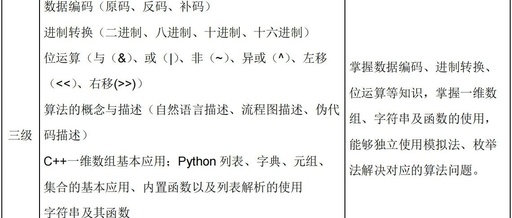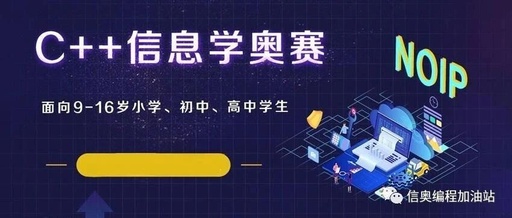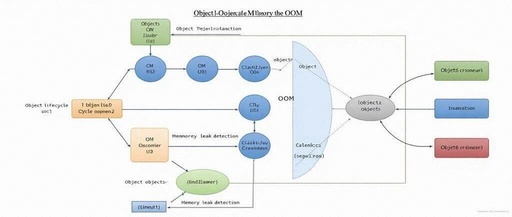A Powerful Tool for Seamless Integration of C++ and Python
Hello everyone, I am Xiaobai, and today I want to talk to you about a very cool library – pybind11. If you have ever wanted to bring the powerful features of C++ into Python, or vice versa, this library is definitely worth your attention. It makes the interaction between the two simple and efficient, so … Read more




![C++ Programmer's Pitfall: Mismatched new[] and delete[] Leads to Memory Leaks!](https://boardor.com/wp-content/uploads/2025/09/81d846a4-2718-42b7-80b3-f50b84768a6d.jpg)




